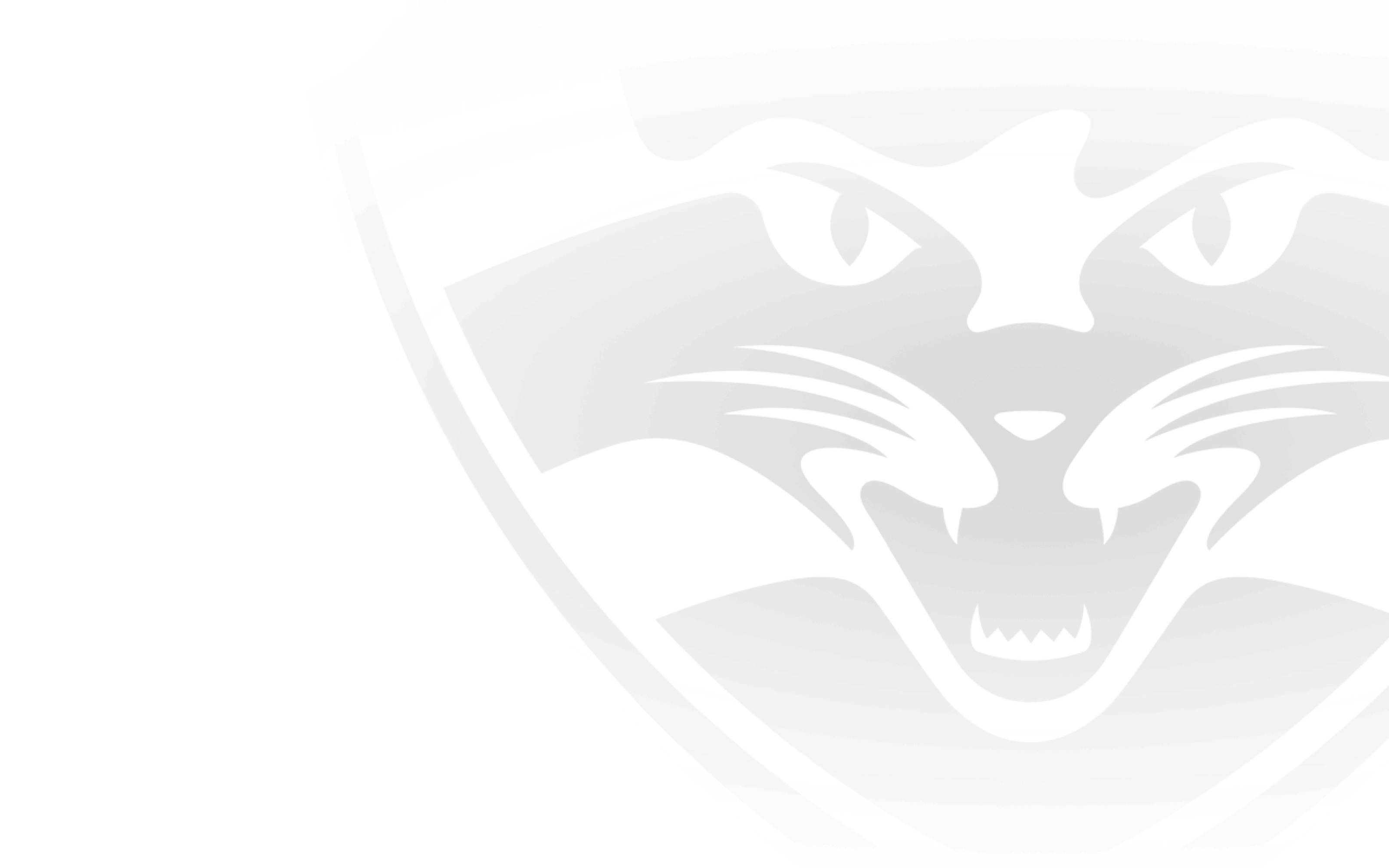THE ONLY way Geelong's run of success will continue is if the Cats work harder than their competitors, according to coach Chris Scott, as he warned fans that staying near the top of the AFL was only going to get harder.
As the club announced its first financial loss since 1999, Scott reflected on the lessons learned in a year in which Geelong finished third but lost both finals to end the season in fifth spot
He said Geelong faced competition from clubs already at the top of the ladder, as well as an emerging group of teams that has been building towards success.
"As soon as we have people within the organisation that just assume that we have been a great team and will continue to be a great team and we don't have to work harder than the next competitor, we will slide really quickly," Scott said.
He said history suggested teams that had been successful for an extended period of time didn't drop off gradually but tended to fall hard and quickly down the ladder.
The Cats have finished in the top four at the end of the home and away season in every season bar one since 2007 and have won three premierships from four Grand Final appearances.
They have done so in an era where equalisation is designed to stop clubs having such sustained periods of success.
"We are determined to make sure we don't allow any hubris to settle into our organisation but we keep pushing hard and that we are not satisfied with the success that we have had," Scott said.
The club will continue to increase its investment in its football department in 2015, expecting to spend an extra $700,000 – with $500,000 of that figure being player payments.
CEO Brian Cook said although overall spending in football would increase, the rate of year-on-year increase would slow.
He also admitted the club had turned over about 25 per cent of its staff during the financial year (including players) and tightened expenditure in other parts of the business due to decreased revenue in 2014.
However the club is budgeting to make a profit in 2015 and has also been buoyed by the new Victorian Labor Government's commitment of $75 million to stage four of the Kardinia Park redevelopment, which is budgeted to cost $90 million.
The club will seek further investment from the local council and the AFL to fund the shortfall.
Club president Colin Carter responded to critics of the amount of public funding for the venue, saying it was justified on public policy grounds because of the employment it created and the contribution the club made within the community and to community programs.
He also reminded those attending that Geelong is the only professional Australian sports team of any football code that has to invest its own profits in match-day facilities.
Geelong is also determined to press ahead with plans to find an alternative training venue after confirming its plans with Keystone were no longer happening.
Cook said the club's preference was to remain in the Kardinia Park precinct but there was plenty of work to be done with stakeholders who operate within that area.
The Cats will play eight games at home in 2015, which is expected to add $500,000 to the club's bottom line after being forced to play home games at Etihad Stadium in recent seasons because of AFL contract requirements.


